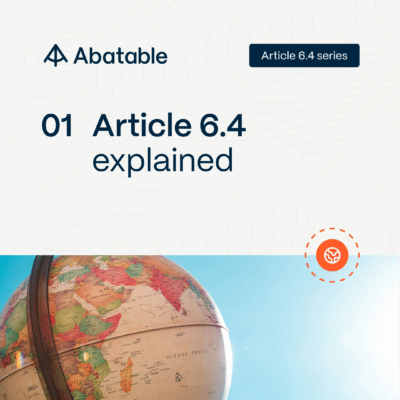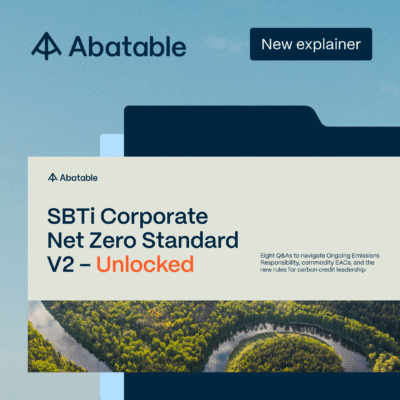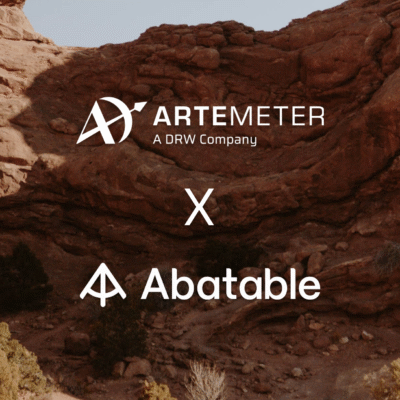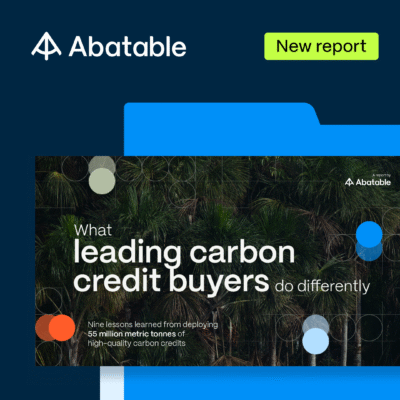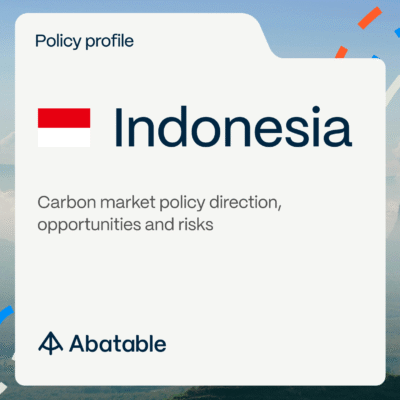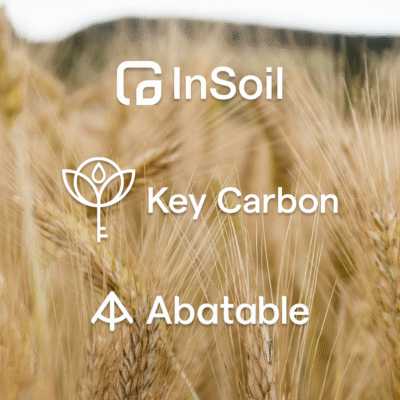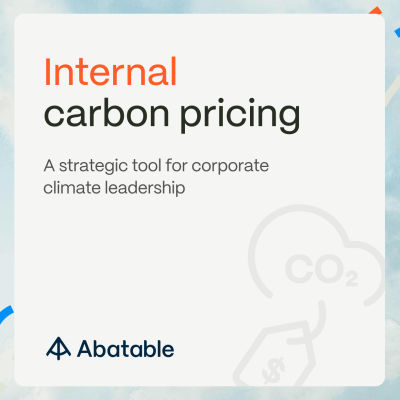This carbon procurement series has offered key points and processes to keep in mind when building a science-aligned carbon procurement strategy. We’ve discussed how to determine the role of carbon credits in your corporate sustainability strategy, how to define the scope of your procurement efforts in tonnes, how to determine your budget and get key internal stakeholders on board, how to determine your approach to procurement, how to define your impact agenda and finding credits that align with it, and how to access the carbon market and evaluate credits.
In this final article in the series, we turn our attention to the final step in the process of building your carbon procurement strategy, reporting, and monitoring.
Annual disclosure requirements
We are seeing mandatory disclosure rules around carbon credits emerging across the world. In the European Union, the Commission is in the process of adopting standards for the EU’s mandatory ESG reporting regime, the Corporate Sustainability Reporting Directive (CSRD), that will also cover disclosures on companies’ use of carbon credits (including as emission offsets) and their quality. In the United States, environmental groups have urged the U.S. Securities and Exchange Commission to include offset purchases as a disclosure requirement.
Recently, the International Sustainability Standards Board (ISSB), an organisation that sets standards for corporate reporting on climate targets published sustainability disclosure standards that aim to harmonise how companies across the world measure their progress and the information they give on the types of carbon credits used.
The ISSB issued two sustainability disclosure standards that would take effect next year, known as IFRS S1 and IFRS S2. IFRS S2 covers requirements involving climate-related disclosures, including information on carbon credits. IFRS 2 states that “any information about the planned use of carbon credits shall clearly demonstrate the extent to which these carbon credits are relied on to achieve the net greenhouse gas emissions targets.”
VCMI disclosure guidance
Whether or not your company is mandated to disclose its use of carbon credits, it is seen as best practice and we strongly encourage companies to do so. The Voluntary Carbon Markets Integrity Initiative (VCMI) requires companies to disclose the following information about each carbon credit retired:
- Number of credits purchased and retired
- Standard name, project name, project ID, retirement serial number, retirement date
- The host country, credit vintage, methodology, and project type
- Whether or not the carbon credit is associated with a corresponding adjustment in accordance with Article 6 of the Paris Agreement
If associated with additional third-party certification regarding social or environmental integrity (e.g., SDGs label, SD Vista, Climate, Community and Biodiversity Standards, etc.), companies must provide information related to how the credit promotes equity and generates co-benefits to ecosystems and local economies
Ongoing monitoring of projects
Especially for offtakes and investments, we recommend having a solution in place or a partner to monitor the projects on an ongoing basis. You will want to monitor how the project is performing, and whether there are any policy risks affecting the host country, so that you may be able to mitigate any unforeseen risks.
To effectively monitor projects, we recommend establishing clear monitoring criteria and defining key performance indicators, including carbon performance, people benefiting from the project, etc. Depending on the scale and importance of the project, consider conducting occasional on-site visits to observe the project’s implementation firsthand. This allows you to assess the project’s activities, verify the accuracy of the reported data, and understand any challenges faced.
Conclusion
We hope this series has clarified the steps necessary to build a science-aligned carbon procurement strategy and the role of carbon credits in a corporate sustainability plan as we all do our part to take action on climate change.
For more of Abatable’s perspective on carbon procurement, grab our guide and watch our corresponding webinar.



